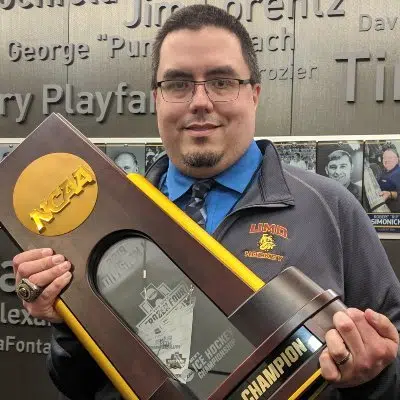By Kristina Cooke and Laura Gottesdiener
LOS ANGELES/MONTERREY (Reuters) – A Southern California-area hospital system, immigrant advocacy groups and Americans living in Mexico criticized on Tuesday a U.S. government draft proposal that could block U.S. citizens and permanent residents from entering the country if they are suspected of being infected with the novel coronavirus.
The pushback comes a day after Reuters and other news outlets reported the administration of U.S. President Donald Trump was considering a regulation that would give the government authorization to keep out Americans believed to have contracted COVID-19 or other diseases.
Chris Van Gorder, CEO of Scripps Health, which operates five hospitals in San Diego County, told Reuters the hospital system “would never endorse American citizens not being able to get the care they need.”
Scripps and Sharp HealthCare, which operate hospitals that serve many COVID patients in the San Diego-area, sent a joint letter to Trump officials in April that called for medical checks at the border and mandatory quarantine for individuals suspected to be infected with coronavirus. But Van Gorder said they never supported blocking Americans.
Furthermore, Van Gorder said the percentage of coronavirus patients who recently crossed the border had declined at Scripps’ hospital in Chula Vista.
Phil Canete, co-director of the Refugee Health Alliance, a San Diego-based organization that provides medical care to migrants, called the reports “extremely troubling.”
“The irony of this regulation is that it presents a barrier for medical workers and (organizations) like ours to mitigate COVID spread across the border,” he said.
Americans living in Mexico were also upset by the news.
Bruce Newby, who practiced law for two decades in California before retiring in 2003 to Guadalajara, Mexico, called it “ridiculous” and said a 14-day quarantine for U.S. citizens would make more sense.
“They cannot keep you out,” he said. “You have a right to be there.”
(Reporting by Kristina Cooke in Los Angeles; Laura Gottesdiener in Monterrey; Writing by Ted Hesson in Washington; Editing by Mica Rosenberg and Cynthia Osterman)


